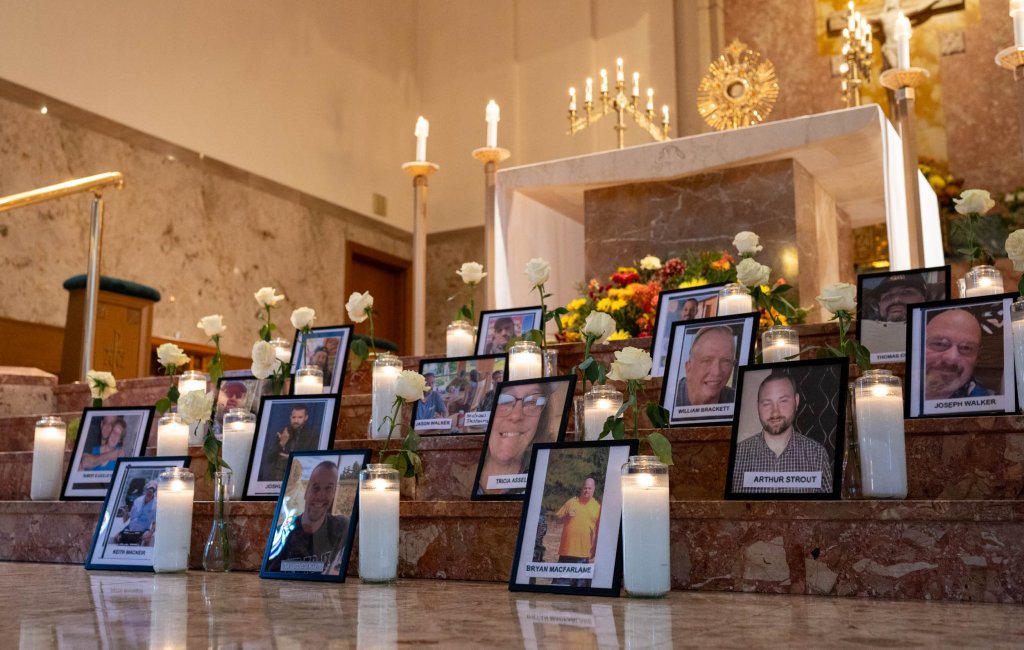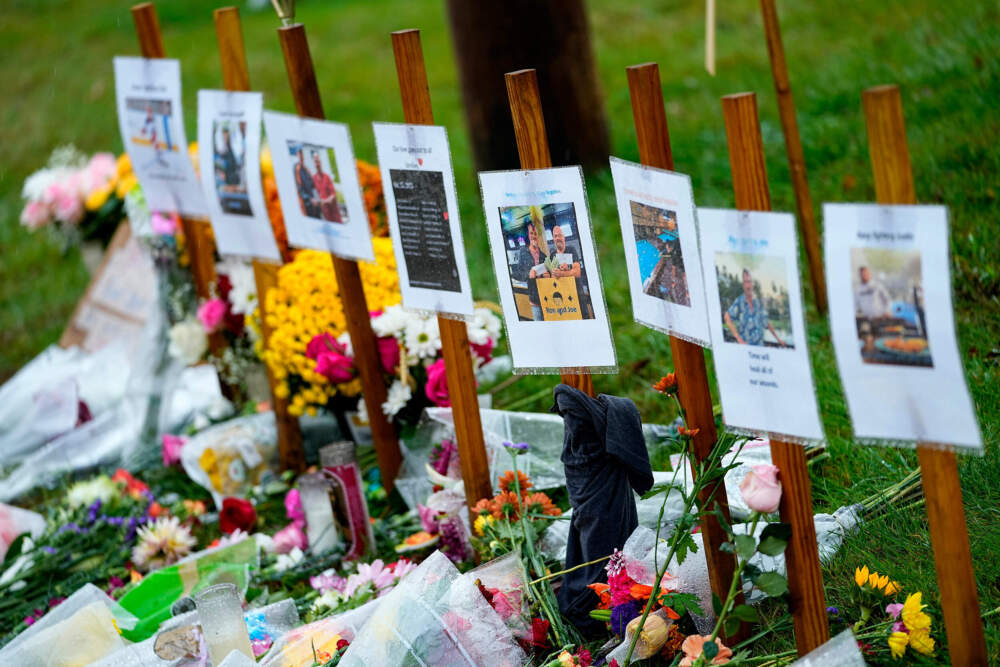The commission tasked with investigating the mass shooting in Lewiston, Maine, in October 2023, released its final report on Tuesday, detailing critical failures by local law enforcement and Army Reserve leaders that allowed the tragedy to unfold. The shooting, carried out by 40-year-old Army Reserve grenade instructor Robert R. Card II, resulted in 18 deaths and 13 injuries, marking the worst mass shooting in Maine’s history.
Failures in Law Enforcement and Military Oversight
The independent, seven-member commission was appointed by Governor Janet Mills to scrutinize the actions and inactions of those responsible for monitoring Card in the months leading up to the shooting. The report highlighted significant lapses by local sheriff’s officers who permitted Card to retain his firearms despite clear evidence of his dangerous mental state. The commission’s findings pointed to the more profound failings of Card’s Army Reserve commanders, particularly regarding their disregard for mental health warnings.

The report was particularly critical of Captain Jeremy Reamer, one of Card’s Army Reserve supervisors. It was revealed that Captain Reamer had ignored the recommendations of a psychiatric clinician who had examined Card during a brief hospitalization at an Army hospital in New York the previous summer. The clinician had urged close monitoring of Card’s mental health and the removal of his firearms, yet these warnings went unheeded. The report stated bluntly, “he ignored them,” placing direct responsibility on Reamer for failing to act on critical mental health advice.
The Tragic Events of October 25th
On the night of October 25, 2023, Card unleashed his violence on two popular venues in Lewiston—a bowling alley and a bar frequented by cornhole players—using an assault rifle to kill 18 people and injure 13 others. The attack sent shockwaves through the community and initiated a two-day manhunt, ending with Card’s death by a self-inflicted gunshot wound.
The commission’s report documented the chaos that ensued in the immediate aftermath of the shooting, noting that state and local law enforcement were overwhelmed by the unprecedented nature of the incident. The report described these agencies as being thrown into “utter chaos,” struggling to coordinate their efforts during the critical hours following the attack. The commission also called for a comprehensive review of the Maine State Police’s response to the shooting, advocating for professional evaluations and recommendations to improve future crisis management.
Lack of Policy Recommendations Disappoints Victims’ Families
Despite its thorough examination of the events leading up to and following the shooting, the commission’s final report fell short of issuing concrete policy recommendations, a decision that left many victims’ families and their representatives dissatisfied. Ben Gideon, a lawyer representing the families of the shooting victims, expressed his disappointment, saying, “This is a huge opportunity, and I think it would have been well received if they had issued policy recommendations.”

The commission, which included retired judges, a former federal prosecutor, and a forensic psychologist, held 16 public hearings over 10 months. These sessions focused on pressing both law enforcement and Army officials to account for their failures in preventing the tragedy, as Card’s paranoia and erratic behavior became increasingly apparent.
